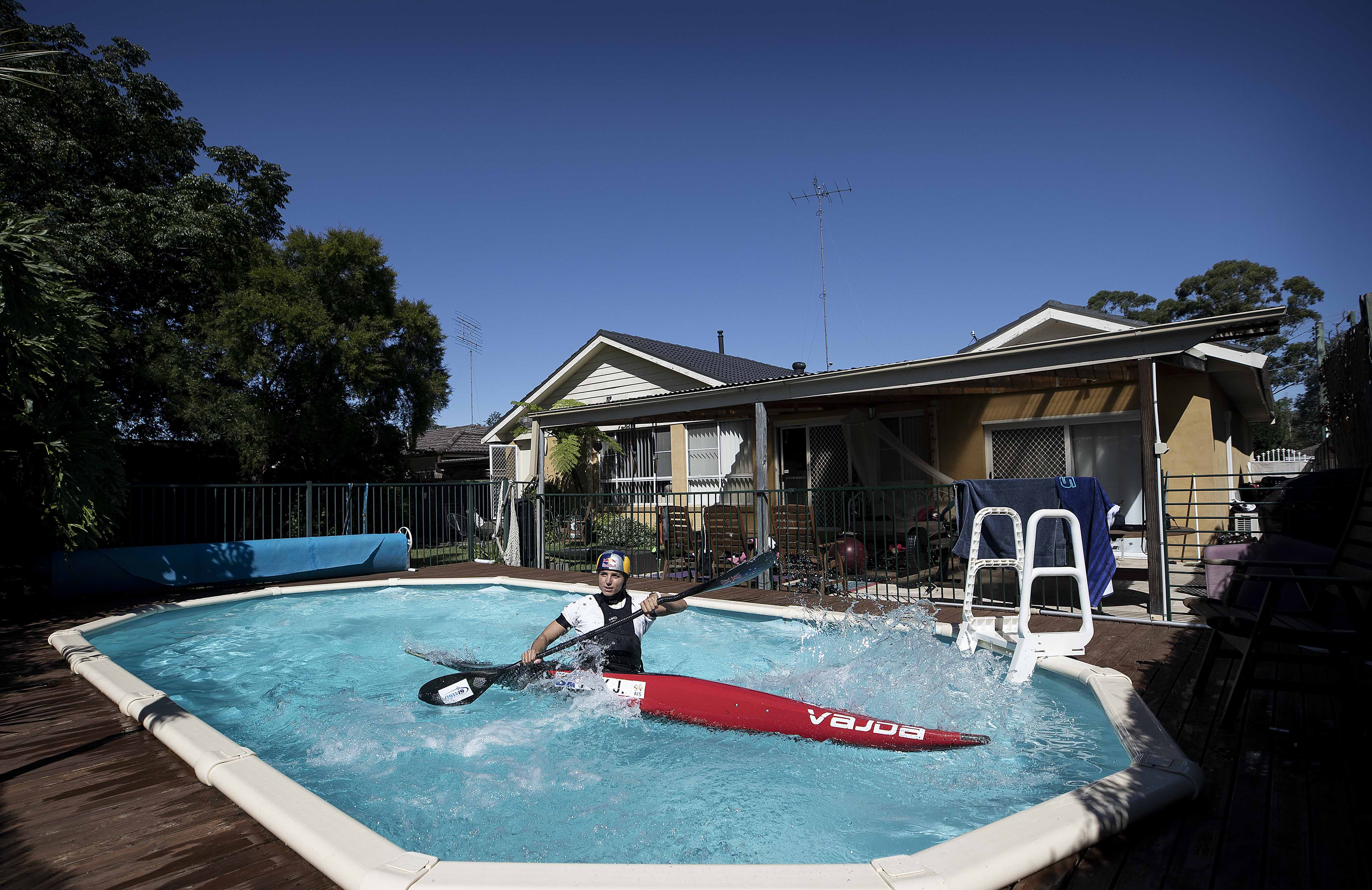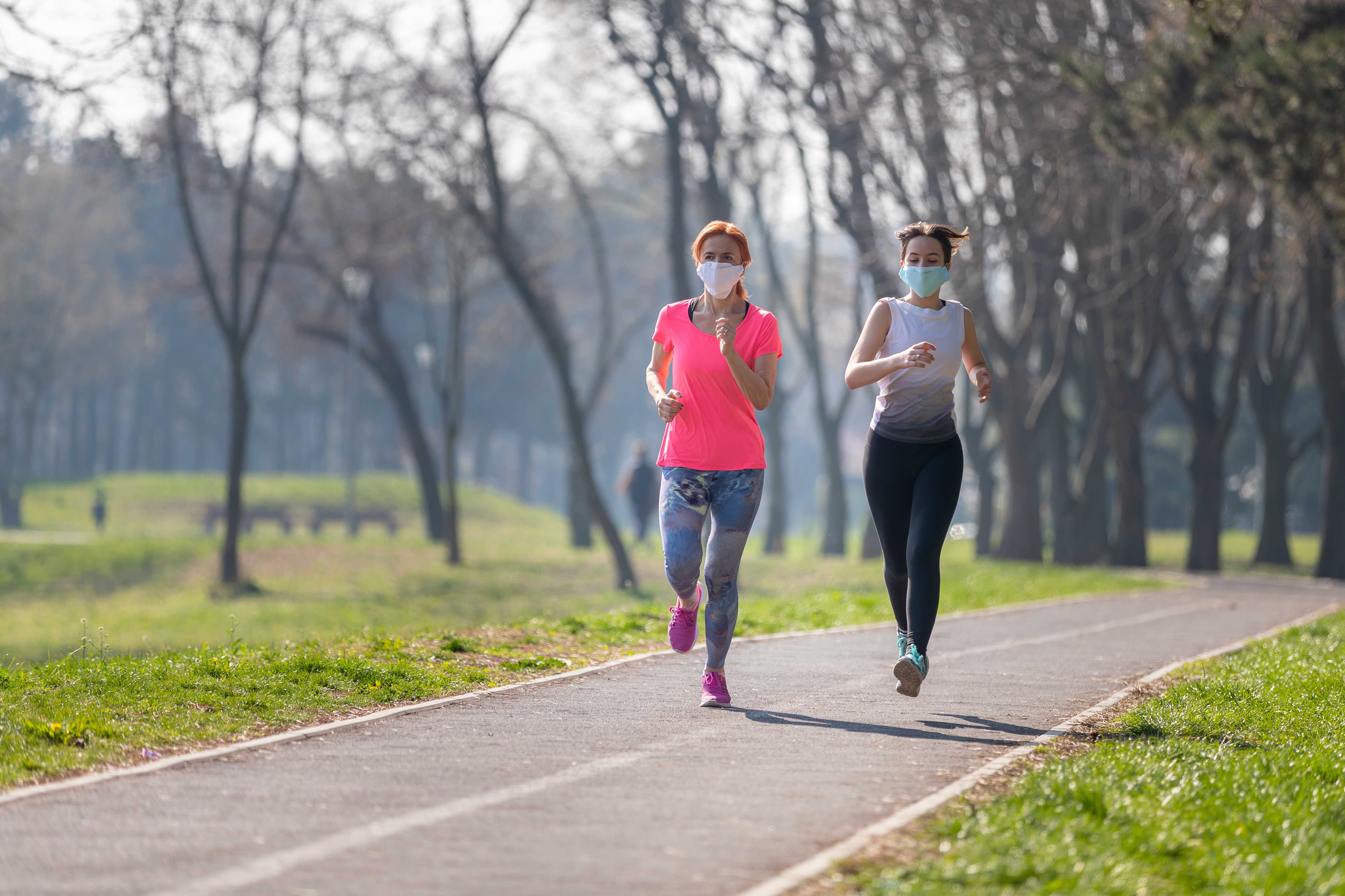
Education
The psychology of isolation

Across Australia, restrictions are loosening and now is a good time to take stock of how COVID-19 has changed our lives – and where we go from here
Published 11 October 2020
COVID-19 turned the world upside down, and with it, our daily lives and routines.
These changes came with a whole host of challenges, beyond what anyone could have foreseen. The mass migration of office workers to the home, parents transformed into schoolteachers overnight and the shutdown of many key sectors and industries.

Despite the challenges, opportunities have also arisen.
Many have found themselves enjoying greater amounts of free time and fewer responsibilities. The Alcohol and Drug Foundation has found nearly a quarter of Australians say they started exercising more during the lockdown (23 percent) and managed more hours of sleep (25 per cent).
Alongside the positive habits people have picked up in recent months, some have formed new behaviours which may be unhealthy in the long run.

Education
The psychology of isolation
A recent study from the Australian National University found that one in five Australians (20.2 per cent) reported drinking more alcohol since the outbreak of COVID-19.
Pressures around loss of employment and reduced working hours, or having child-caring responsibilities, were cited as reasons for why some have been consuming more alcohol.
While different parts of Australia are experiencing different stages of restrictions, now is as good a time as any to evaluate and take stock of how COVID-19 has changed our lives – for better or for worse – and where we go from here.
What good things have come out of this crisis that we want to incorporate into our new normality? And what do we want to let go of and leave behind in the throes of the pandemic?

Our research has found there are a number of models out there that can assist with change. When applied or considered correctly, they provide us with systematic ways to think about change and how to change efficiently and effectively.
One of these models is the adaptive change model. This consists of eight factors, which when brought together, can allow meaningful change to follow:
1. Openness to opportunity: Is what I want to change possible? 2. Visualisation: Can I see the desired change happening? 3. Planning: How can I organise myself to make change possible? 4. Action: Will I take action to make the necessary changes? 5. Closure: How will I know if I have achieved the desired change? 6. Negative emotion: Can I manage and focus my emotions? 7. Social support: Who can help me achieve my desired change? 8. Inner drive: Am I engaged in making the change happen?

The first five factors are known as process change factors, while factors six to eight help to support change.
Each individual factor has a role to play in driving shifts in our behaviour. Usually, people looking to make a change go about applying two or three of these factors.
If we continue alcohol consumption as an example – someone who wanted to reduce their drinking could consider a combination of the following:
1. Planning: How can I organise myself to make changes possible? Purchasing less alcohol than you normally would in your weekly food shop, removing takeaway apps from your mobile or introducing alcohol-free days are actions you can consider helping you get towards your goal of drinking less.

2. Closure: How will I know if I have achieved the desired change? If your goal can have a number put to it, then try this. The trick is to not set unrealistic goals that are too fast or too hard. Taking realistic, smaller steps will prove far more effective in the long run, instead of setting yourself up for failure.
3. Social support: Who can help me achieve my desired change? Share your goal with those closest to you, to get their support and encouragement. They may refrain from offering you a glass of wine with your dinner if they know you want to cut back, reducing that temptation.
This is just one example. The ways and areas in which the adaptive change model can be applied are numerous, and certain types of goals require a greater emphasis on certain factors.

For instance, saving up to purchase a house may require a larger focus on planning – as many people have to make big lifestyle shifts to allow them to save sufficiently for a deposit.
Research has shown that most people have a preference in the rate of change, and this is then reflected in how they use the eight factors in the adaptive change model.
There are three main personality types when it comes to appetite for change (Fig.1):
1. Stabilisers: this group seek security and stability and are the most resistant to change. 2. Adapters: this group use all of the eight factors to a moderate degree. Their preference is for gradual change that has a constant trajectory and can be accommodated easily. 3. Innovators: this is the group most likely to use the eight factors of change. Innovators embrace change and draw energy from rapid changes in themselves and their circumstances.

If we explore this in more detail, and the experience of COVID-19, we can make some assumptions.
Stabilisers like the status quo. So, for these people, COVID-19 will have been a profoundly stressful experience. Under this stress it will be hard for some of them to move beyond thinking about changing a habit, like drinking.
Meanwhile, adapters plan goals and rely on all factors to a moderate degree. Making these goals achievable is the challenge and not over-committing.

Education
Managing your family’s cabin fever
So, instead of going ‘cold-turkey’, they might reduce drinking little-by-little. If they don’t achieve their plans, they should revise the goal posts but just keep trying; making the process easier and more rewarding will make achieving a target more likely.
Innovators will have embraced any opportunities coronavirus has afforded them.
They jump into things and enjoy the challenge. These people tend to be more successful because they naturally persist and keep trying new ways until they succeed.
The risk for innovators is impulsive behaviour and not staying with one approach long enough to be successful and form a new habit.

However, a greater number of attempts at any goals increases the likelihood of achievement, especially if there are small adjustments accompanying each new attempt.
The one factor that is not within a person’s control is social support.
Social support is an important driver in behaviour change. If you seek to change and are finding it challenging – regardless of whether you’re a stabiliser, adaptor or innovator and regardless of how easy you have made the task – try getting some social support.

This may be in the form of a coach, relative, friend or professional help: a counsellor, medical practitioner or psychologist. Each of these people can help when it is difficult to change, especially if the issue is complex.
If we consider what life was like before COVID-19 and compare that with our experience during isolation, we can start to re-inhabit our possible new lives and new selves.
With a little bit of reflection, planning and action we can come out of the COVID-19 experience with a bit more of an adaptive mindset.

This will help us to buffer the shock of new challenges and increase our sense of control over our lives, as well as allow us to directly focus on life’s opportunities and possibilities.
The key task now, regardless of our initial reactions to the restored freedoms after isolation, is to curb impulsive action, reduce old, bad habits and make some benefit of the experience by carefully developing new positive habits. This will help ensure we emerge as better people in a better place – even if this takes time.
This article has been developed in partnership with the Alcohol and Drug Foundation.
Banner: Getty Images